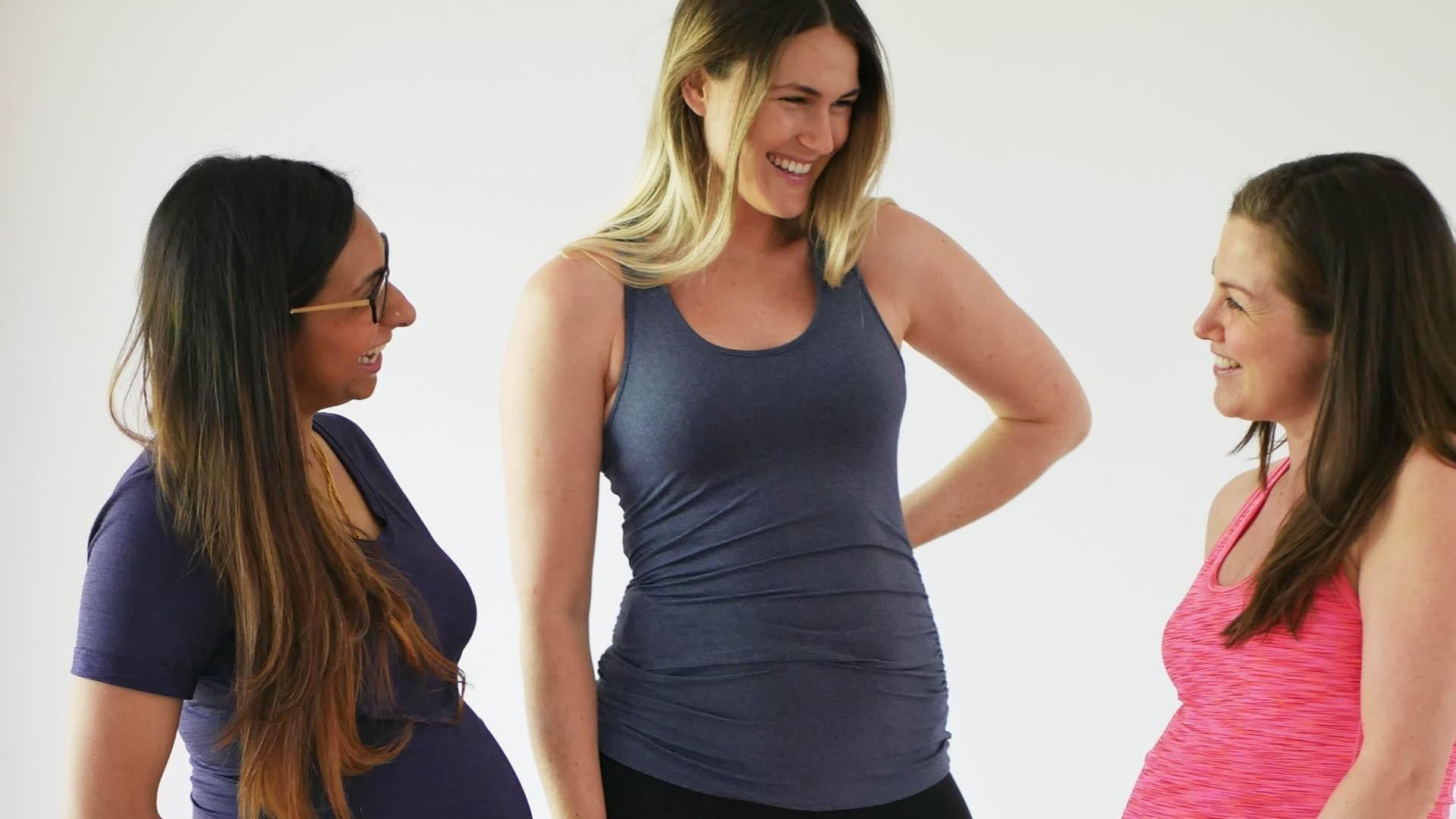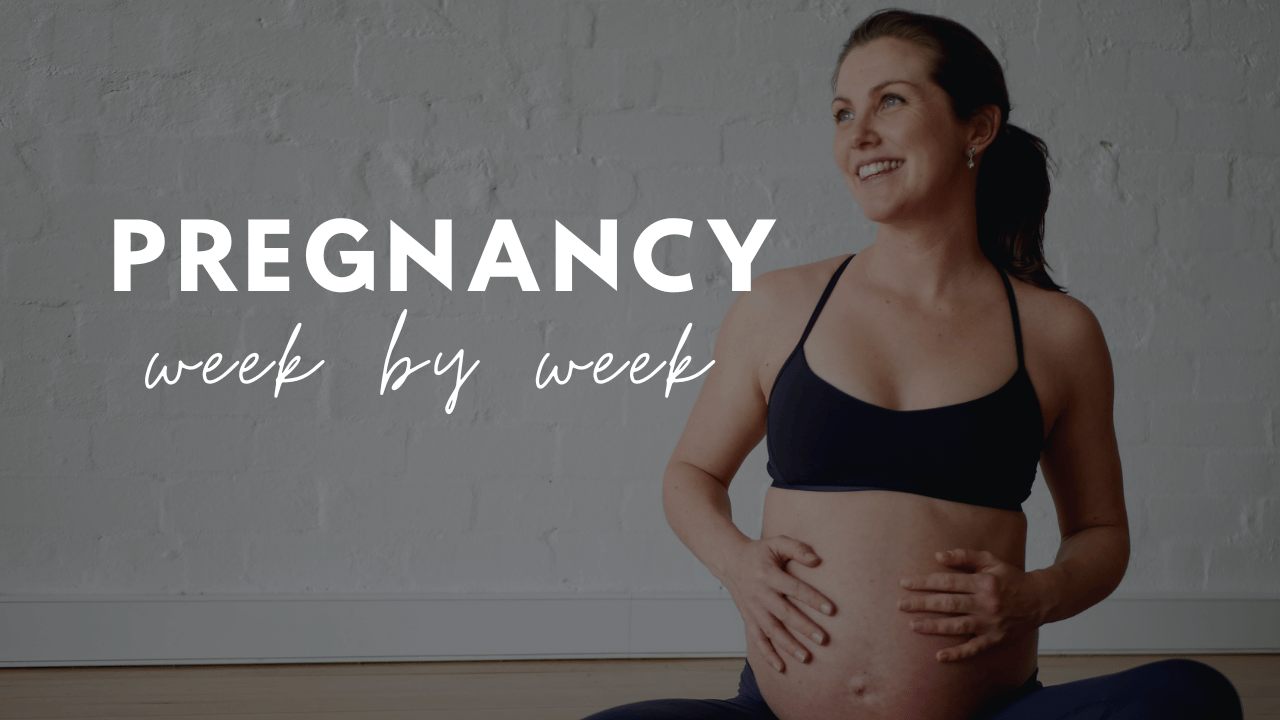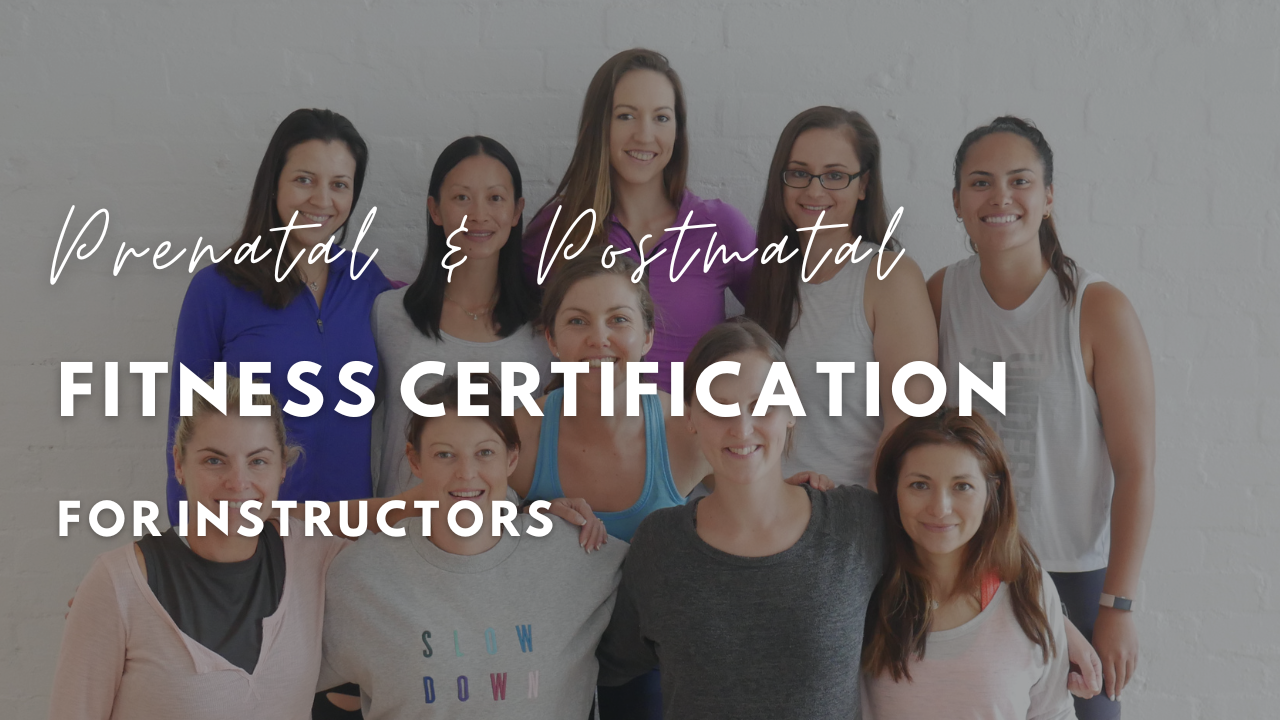What Is Prenatal Fitness?

What Is Prenatal Fitness?
Prenatal fitness refers to safe, modified physical exercise specifically designed for pregnant women. It focuses on maintaining or improving cardiovascular health, strength, flexibility, and overall well-being during pregnancy while protecting both the mother and the developing baby.
Key Goals of Prenatal Fitness
1. Support the physical changes of pregnancy.
2. Reduce common pregnancy discomforts (back pain when pregnant, swelling, fatigue, constipation)
3. Improve mood and sleep through endorphin release and stress reduction
4. Prepare the body for labor and delivery.
5. Promote faster postpartum recovery
6. Lower risks of certain complications (gestational diabetes, preeclampsia, excessive weight gain, cesarean delivery-when done appropriately)
Staying Active when Pregnant
It's about staying active in a way that's safe, effective, and tailored to the unique changes a woman's body undergoes during this time.
Unfortunately, most personal trainers do not know how to safely train a pregnant woman. That is why you must only take guidance from a qualified prenatal exercise instructor.
Prenatal fitness is increasingly recognized as a vital part of a healthy pregnancy, backed by science and embraced by expectant mothers worldwide.
Safe and Recommended Types of Exercise
Most healthy pregnant women with uncomplicated pregnancies can safely do:
1. Cardio: Walking, stationary cycling, swimming, prenatal aqua aerobics, low-impact aerobics, elliptical
2. Strength training: Light to moderate resistance with dumbbells, resistance bands, or body weight (e.g., squats, lunges with modifications, rows)
3. Flexibility and balance: Prenatal yoga, Pilates (modified), stretching
4. Pelvic floor training: Kegels and other exercises to prevent incontinence and aid delivery
Benefits of Prenatal Exercise
- Planning for birth
- Maintain a healthy pregnancy weight
- Prepare you for post pregnancy
- Assist you during labor
- Help improve your mood
- Reduce injury
- Speedier postpartum recovery
- Boost energy levels.
- Lower your gestational diabetes risk.
- Boost your immune system
- Reduce swelling
- Less prone to morning sickness
- Improved sleep
- Exercising can become a social gathering
- Mental health benefits
- Healthier Mother - Healthier Baby!
General Safety Guidelines (ACOG & WHO recommendations)
1. Aim for at least 150 minutes of moderate-intensity aerobic activity per week (spread over most days)
2. Exercise at a 'talk test' intensity-you should be able to hold a conversation
3. Stay hydrated and avoid overheating (especially in the first trimester)
4. Modify as pregnancy progresses (e.g., avoid supine positions after ~20 weeks, wide stance for stability, no contact sports or activities with fall risk)
5. Stop immediately and contact your healthcare provider if you experience warning signs: vaginal bleeding, dizziness, chest pain, regular painful contractions, amniotic fluid leakage, calf pain/swelling, etc.
ACOG
The American College of Obstetricians and Gynecologists (ACOG) recommends that healthy pregnant women get at least 150 minutes of moderate-intensity aerobic activity weekly, such as brisk walking, swimming, or stationary cycling.
PregActive takes this prenatal fitness guidance and adapts it for each trimester. We only provide exercises that evolve with each trimester to keep both mother and baby safe. Our pregnancy fitness app allows you to workout out anywhere, anytime.
1st Trimester Prenatal Fitness
In the first trimester (weeks 1-12), prenatal fitness might look similar to a pre-pregnancy routine for active women, with tweaks for fatigue or nausea.
Think light cardio, gentle stretching, or yoga poses like Cat-Cow to ease early discomfort.
Start Slowly
If you are a beginner, it’s a chance to start slow with walks or bodyweight moves like squats. The focus is on building a foundation without overexertion, as the body adjusts to hormonal surges and fetal development.
2nd Trimester Prenatal Fitness
By the second trimester (weeks 13-26), energy often rebounds, and prenatal fitness ramps up slightly. Exercises target posture and pelvic floor strength is key as the belly grows and pressure mounts.
Modified Workouts
Modified strength training with resistance bands or low weights, alongside activities like prenatal Pilates, helps combat back pain and prepares for labor.
Swimming becomes a favorite, buoying the body and reducing joint stress. The goal shifts to maintaining fitness while avoiding moves like heavy crunches that strain the abdominal wall.
3rdTrimester Prenatal Fitness
In the third trimester (weeks 27-birth), prenatal fitness prioritizes comfort and labor readiness. Low-impact options like seated stretches, water aerobics, or Kegel exercises dominate, supporting swollen ankles and a taxed lower back.
Safety First
Poses or movements that open the hips like deep squats with support mimic labor positions, while breathing techniques from prenatal yoga boost stamina for delivery.
There should be no lying flat on the back (to avoid blood flow compression) or high-risk activities like contact sports.
Benefits of Exercise
The benefits of prenatal exercise are well-documented. ACOG notes that prenatal fitness can lower risks of gestational diabetes, preeclampsia, and excessive weight gain, while improving mood and sleep—crucial when pregnancy hormones wreak havoc.
These benefits transfer over to postpartum where it speeds recovery, especially for core and pelvic floor health.
Be Empowered Mama!
Prenatal fitness isn’t about pushing limits, it’s about empowerment. Whether through an in-studio class, online program, or solo routine, it’s a way to stay connected to your body amid rapid change.
With guidance from certified prenatal exercise trainers or healthcare providers, it transforms exercise into a tool for a stronger pregnancy and smoother transition to motherhood.
Beyond Physical Fitness
Engaging in prenatal workouts can be tremendously beneficial for expectant mothers, offering more than just physical benefits. Regular exercise during pregnancy can lead to improved energy levels, enhanced mood, and better sleep.
Prepare for Childbirth
Exercising can also prepare your body for childbirth by strengthening muscles and improving stamina and may even reduce the duration of labor. Moreover, prenatal fitness can help in managing common pregnancy-related discomforts like backaches and swelling.
Knowledge is Power
Education is a vital component of a positive pregnancy experience. I want you to be empowered with the knowledge you need so you can make informed decisions about your health and the health of your baby.
You will gain access to a wide range of educational materials to help you learn about the changes in your body, the growth of your baby, and the best practices for a healthy pregnancy.
Our Community
We have a strong and supportive community at PregActyive ready to help you achieve your goals.






